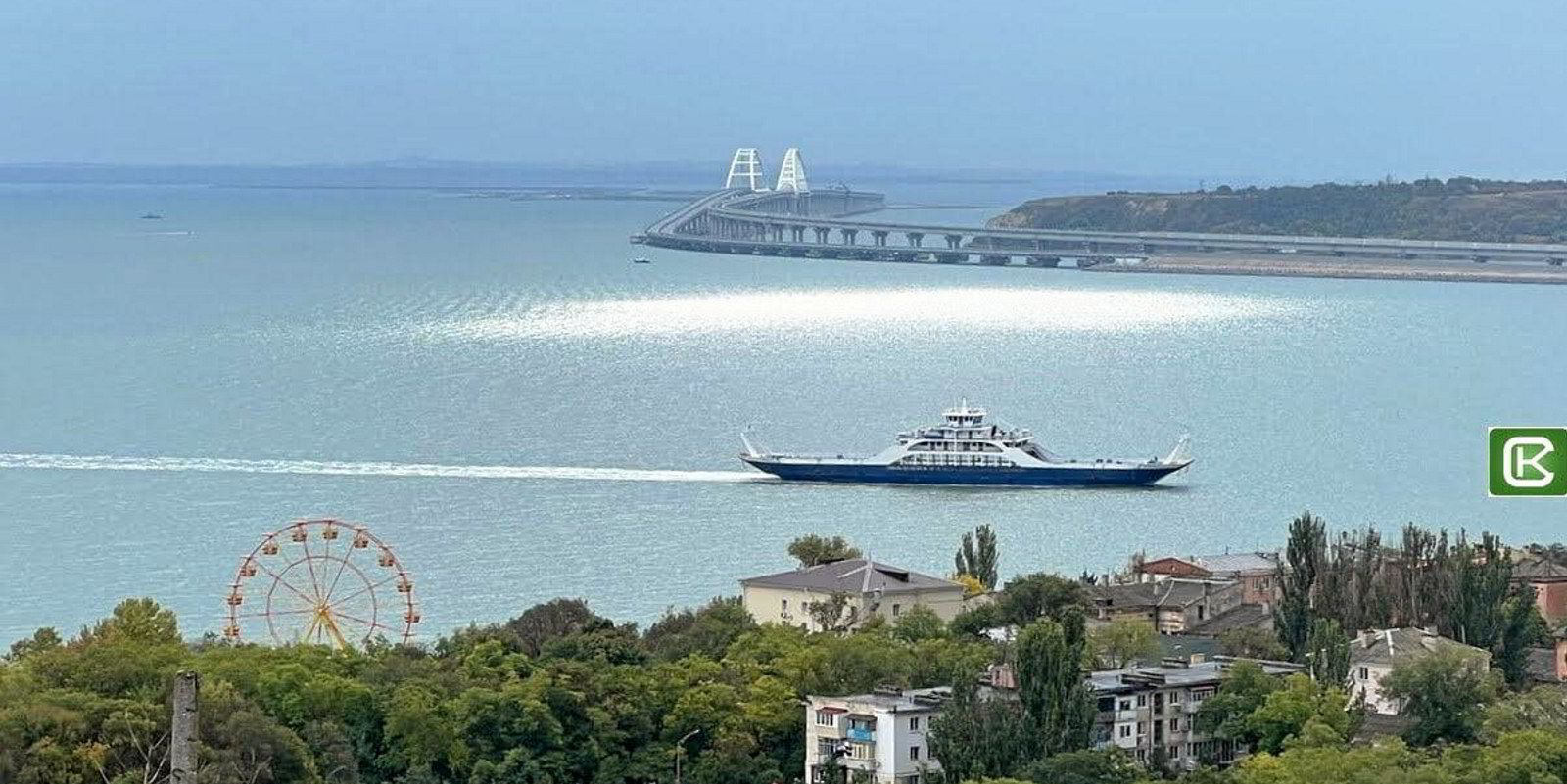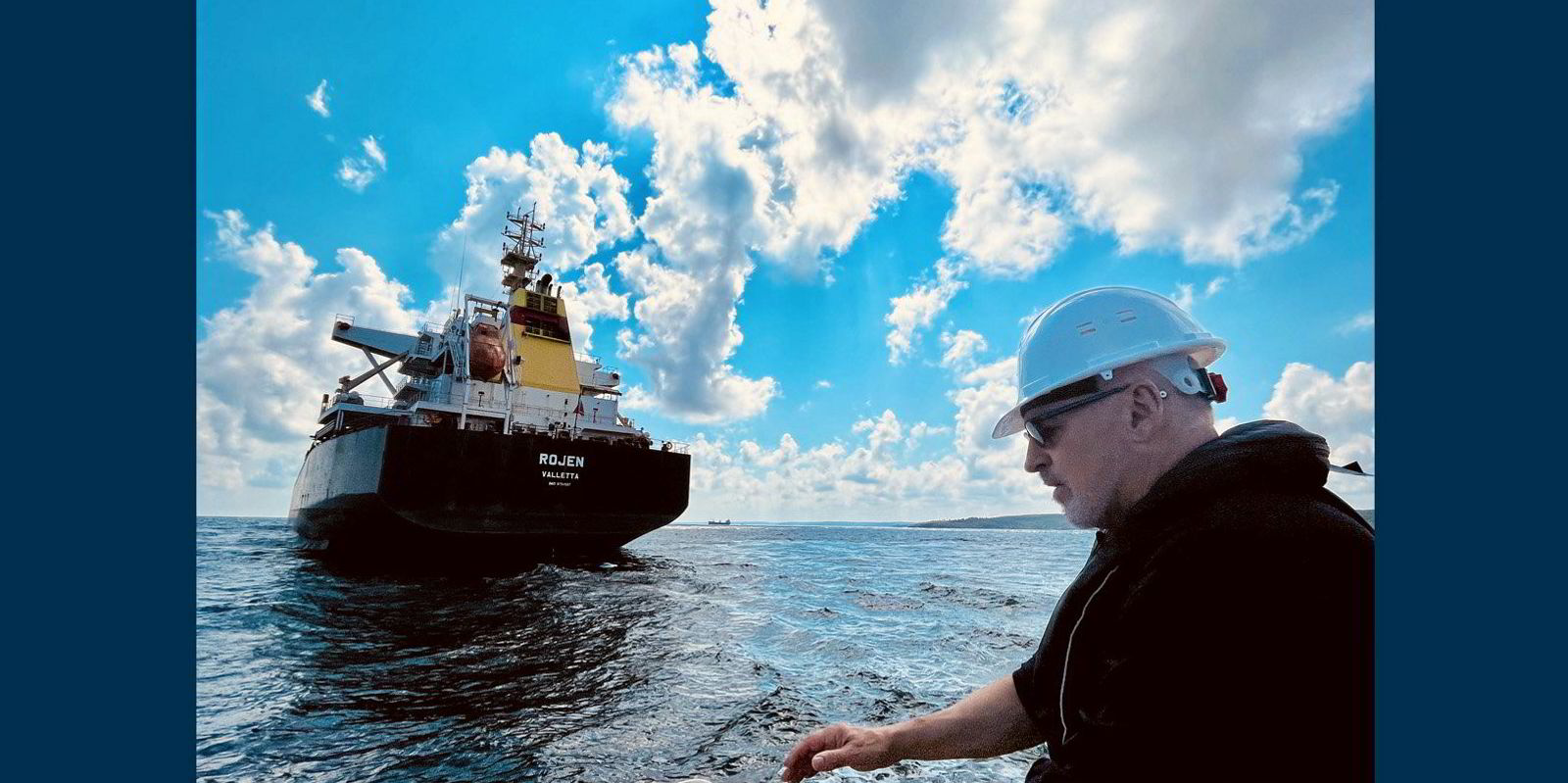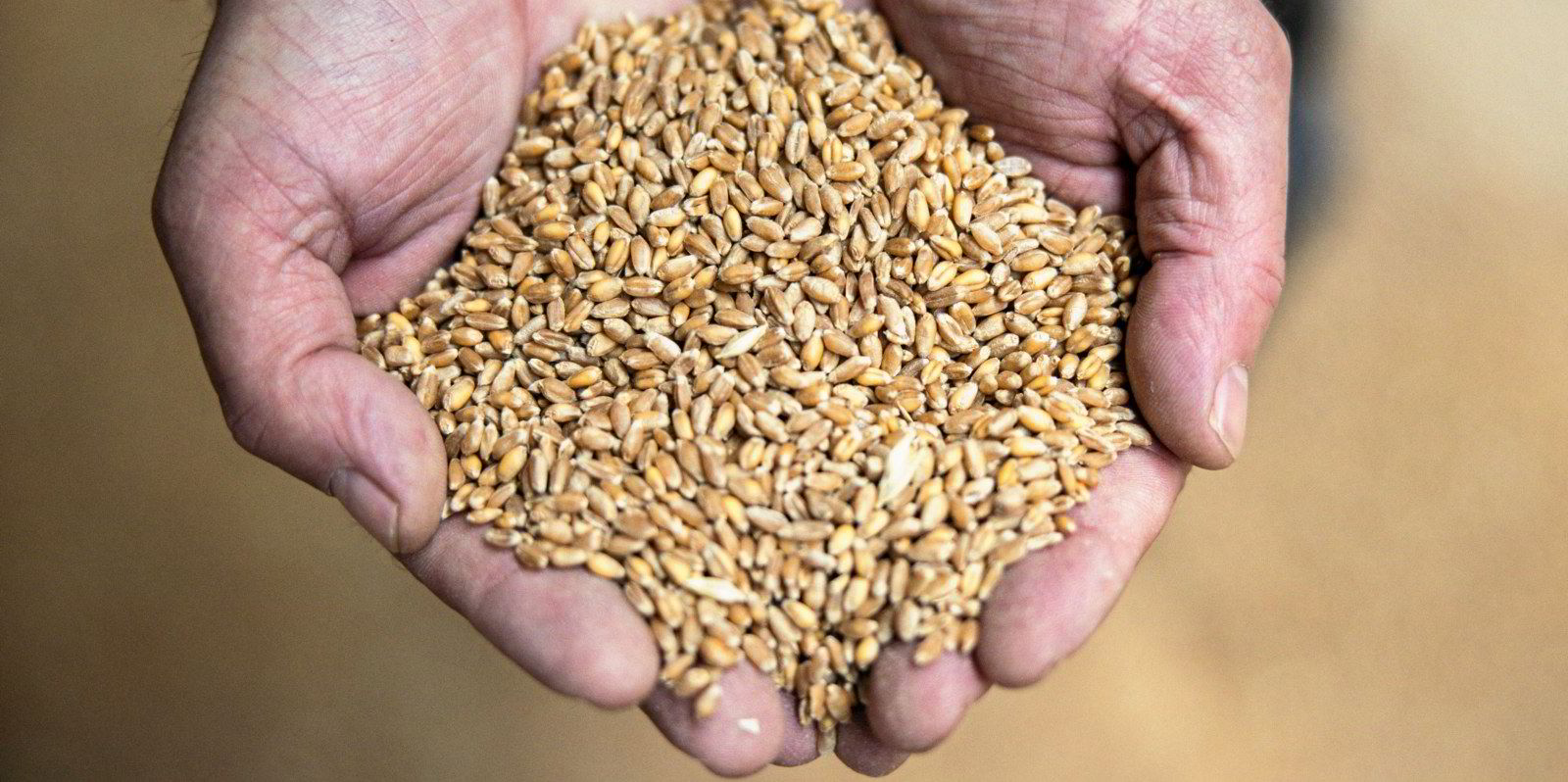The latest figures confirm a boom in Russia’s seaborne trade, despite a host of Western sanctions designed to make life difficult for its exporters.
According to the Federal Agency for Sea and Inland Water Transport (Rosmorrechflot) in Moscow, the cargo turnover of Russian seaports rose at an annual pace of 9.3% between January and July to 526.8m tonnes.
The main driver of that increase has been the Black Sea, including Ukrainian territories occupied by Russia after Moscow forces invaded the country in February last year.
“The Azov/Black Sea basin, which traditionally leads the country in terms of transshipment volumes, has retained its role as the locomotive of the port sector of the Russian Federation,” Rosmorrechflot said in a statement earlier this month.
Transshipment of dry cargo from Russian-controlled ports in the region increased far above the national average, to the tune of 30% year on year, to 83.4m tonnes.
The main items exported in these statistics are grain, minerals and chemical fertilisers, as well as coal and coke.
Liquid cargo from the region also increased by a “solid” 9.9% to 91 .5m tonnes, Rosmorrechflot said.
The figures are a testament to Russia’s success in upholding its foreign trade amid a myriad of sanctions imposed by Western governments to hobble it.
On the other hand, they are belying arguments put forward by Russia earlier this year, when its officials cited such sanctions as the main reason why Moscow pulled the plug on a United Nations scheme for the safe export of Ukrainian grain.
Russia’s new deal
Ever since withdrawing from the UN-led Black Sea Grain Initiative last month, Russia has been holding talks with African and Asian nations to boost its own grain exports to the detriment of Ukrainian ones.
Turkey, the country that helped mediate the UN deal and hosted it in Istanbul, said in July that it stood ready to make new grain export arrangements with Russia.
No further announcements have been made to that effect yet, but a German press report on Sunday sparked rumours that a new grain deal organised among Russia, Turkey and Qatar is on the cards.
This does not come as a surprise.
Turkey benefits enormously from the Black Sea grain trade, regardless of whether the corn involved comes from Ukraine or Russia. Turkish ships accounted for a large part of the grain deal trade and traders from the country re-exported much of that commodity to other countries in Africa, the Middle East and Asia.
The importance of any Turkey-Russia-Qatar deal should not be exaggerated, however. It would merely formalise and cement an existing situation, as Russia’s existing dry cargo trade remains vibrant even without such a formal agreement.
Such a deal would represent more of a symbolic and political victory for Moscow, providing further proof that the unleashing of its army in Ukraine has not shaken its commercial relations in Latin America, Africa and Asia, where outrage at Russia’s behaviour is much more muted than in the West.
Moscow has carried out drone and missile attacks on nearly all Ukrainian ports.
Maritime access to Ukraine’s biggest terminals on the northern shore of the Black Sea has been blocked. At the same time, Russia is throttling trade in Ukraine’s smaller Danube ports in the south, by forcibly imposing inspections on approaching vessels.
Ukraine is trying to retaliate, but without success so far.
In July, the government in Kyiv announced its own blockade of Russia’s Black Sea ports. Following up on that move in August, it formally declared the waters around these terminals as a war risk area.
Kyiv, however, lacks the means to match Russia’s blockade.
Occasional drone attacks on Russian ports and key bridges in the Crimea, as well as strikes on a Russian warship and a product tanker, have not disrupted Moscow’s maritime traffic in the area.
To the contrary, such moves give Russian officials an opening for a diplomatic counter-offensive.
Last week, Russia complained to the International Maritime Organization about a Ukrainian sea drone attack on 4 August against the 6,619-dwt product tanker Sig (built 2014). Moscow’s delegation called the strike a “reckless act [that] … could have led to a large-scale ecological catastrophe”.





